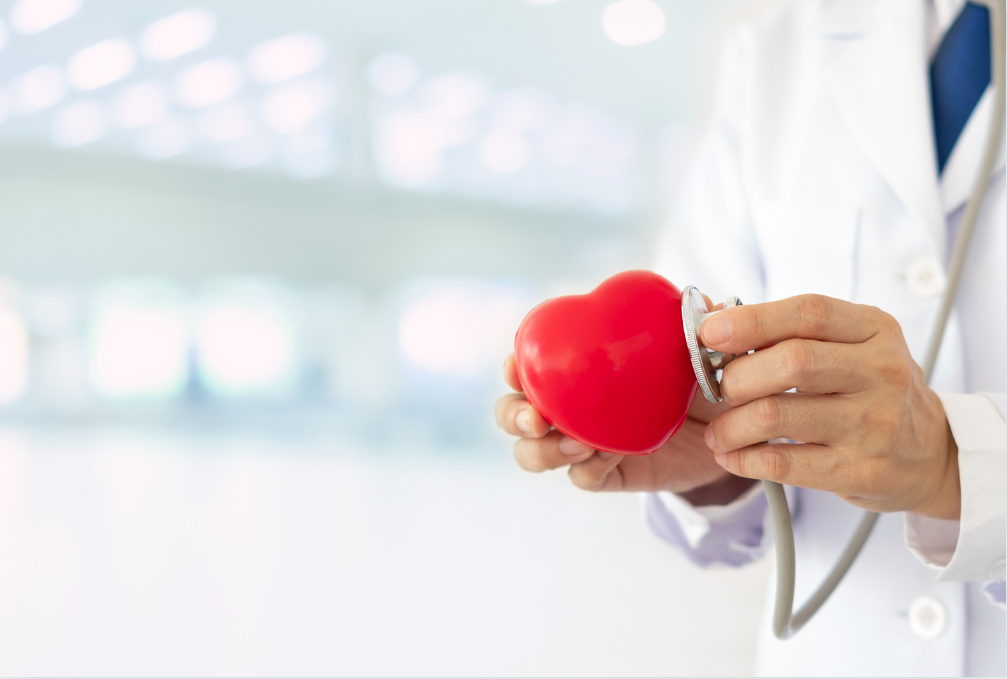Health check essential before exercise - Expert
An expert has advised that young individuals who may not yet have manifested conditions like high blood pressure or diabetes should undergo a general health screening.

SHAH ALAM - Are you eager to embark on a fitness journey but unsure where to start? Before diving headfirst into intense workouts, an expert has recommended taking a step back to assess your overall health.
Taylor’s University senior lecturer in emergency medicine at the School of Medicine, Faculty of Health and Medical Sciences Dr Aishah Mohd Hafiz stressed the importance of this step during Sinar Daily's recent Sports Matters podcast.
She advised that young individuals who may not yet have manifested conditions like high blood pressure or diabetes should undergo a general health screening.
This can include checking blood pressure and sugar levels and conducting a baseline blood test to identify any risks, such as high cholesterol.
With this knowledge, one can start exercising with greater confidence.
“When you are young, you might not think about conditions like high blood pressure or diabetes if they have not manifested yet.
"Therefore, the first advice is to undergo a general health screening.
“This can be as simple as visiting a doctor to check your blood pressure, sugar levels and doing a baseline blood test to identify any risks, such as high cholesterol. Once you have this information, you can start exercising with more confidence.
“Begin gradually; instead of immediately aiming to run a marathon, start with shorter, manageable activities, like running for an hour.
"Finding a trainer can also be beneficial. The key is to start slow and avoid diving headfirst into intense activities,” she said.
Understanding the Risks of Sudden Cardiac Arrest (SCA)
Aishah also said that a study found that a significant number of young athletes who experience sudden cardiac arrest (SCA) have unknown causes.
However, further analysis suggested that some of these athletes may have inherited cardiac conditions that are not detectable even during rigorous screenings.
"These conditions may only manifest as SCA.
“Despite having a clean bill of health from exercise and heart tests, these athletes can still be at risk.
"For those with identifiable risks, symptoms like irregular heartbeats are crucial indicators.
“The American Heart Association recommended screening for symptoms such as a decline in physical activity capacity, lightheadedness, dizziness, fainting episodes, palpitations and unexplained profuse sweating.
“These signs can indicate underlying issues, especially if an athlete who was previously able to run for an hour suddenly struggles after half an hour,” she said.
In older athletes, SCA is commonly caused by heart attacks.
Aishah highlighted the importance of recognising angina symptoms, which include chest discomfort, sweating, pain radiating down the arm, and lightheadedness during physical activity that subsides with rest.
Ignoring these warning signs can lead to a full-blown heart attack.
"If these symptoms become more frequent or severe, immediate medical attention is necessary.
“Ignoring these warning signs can lead to a full-blown heart attack.
"Therefore, it is essential to monitor any recurring or worsening symptoms and seek medical help promptly,” she said.
On a related note, Aishah also discussed the dangers of nicotine, which is found in both cigarettes and vapes.
She shared an instance of a young patient who experienced heart palpitations after switching to a new vape liquid with high nicotine content.
"While nicotine acts as a stimulant, potentially providing a quick energy boost or alertness, especially after sports, excessive intake can be dangerous.
"Both vaping and smoking pose significant health risks," she added.










